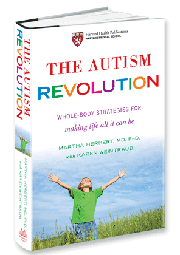My wish is that by placing many viewpoints side by side we will be able to see a whole that is greater than the sum of its parts. This means looking for
- the integrity of each point of view
- synergies that may exist – mutual enrichment – leading to “higher syntheses” that integrate strengths from previously separate viewpoints.
The following considerations may help you to find the most constructive ways to relate to and participate in this.
CIVILITY
John Stuart Mill once said that you should understand the arguments of your opponents better than your own. Civility creates a space where fresh thinking can occur.
INQUIRY
Inquiry is about searching for truth by questioning, by asking a series of questions. How can we formulate questions that embody genuine curiosity and interest? How can we use “beginner’s mind” to loosen our pigeon-holing of other positions and identify richness, pertinence and utility in them?
REFLECTION – REFLEXIVITY
To be reflexive involves being aware of one’s thinking processes, points of view, and assumptions. It involves
- being aware that you are making assumptions and constructing frameworks that are not strictly all from “facts”
- being aware of what conditions your assumptions
- noting how these underpinnings affect how you perceive, think and act.
DISCOURSE
Here I am using the term “discourse” to signify the process of engaging in inquiry with self-awareness/reflexivity, and doing this in dialog with others who are also engaged in the same approach of aiming for self-awareness in inquiry and reflective interaction.
SYNERGIES
Moving from an “either/or” defensive discourse (If I’m right then you must be wrong) toward the possibility of “both/and” (I have learned from you and I will incorporate things I now understand in order to have a more broadly applicable point of view) is the hope and intention of this inquiry project.


